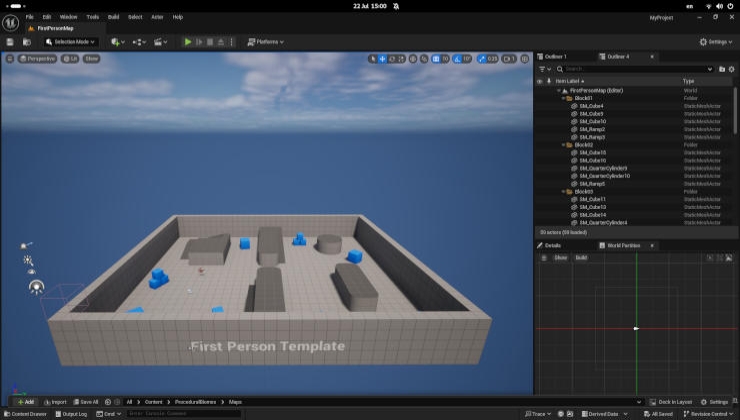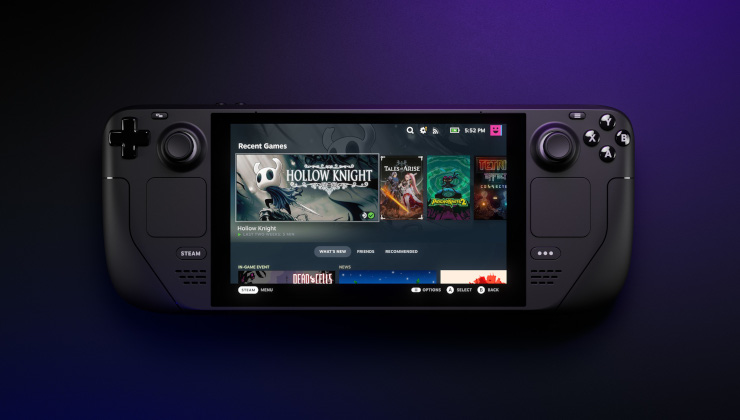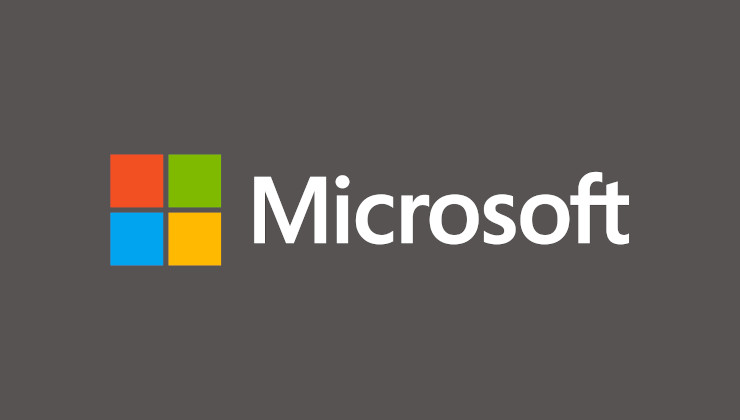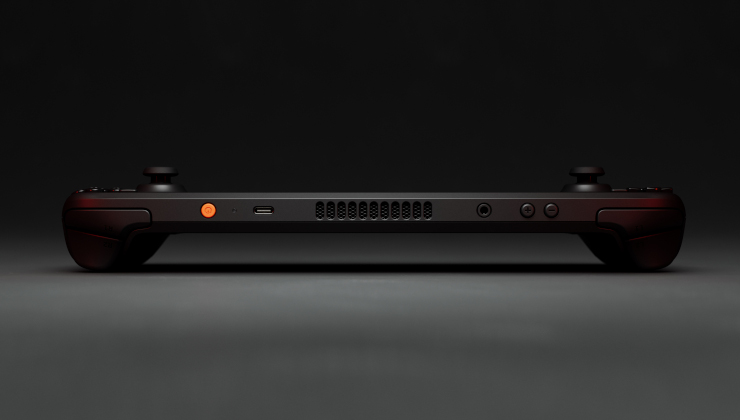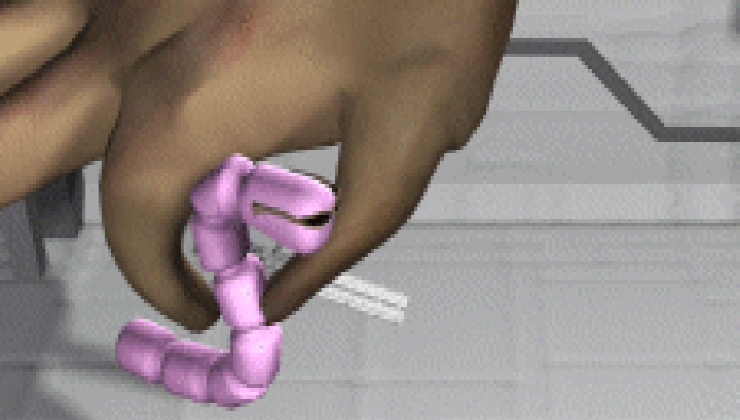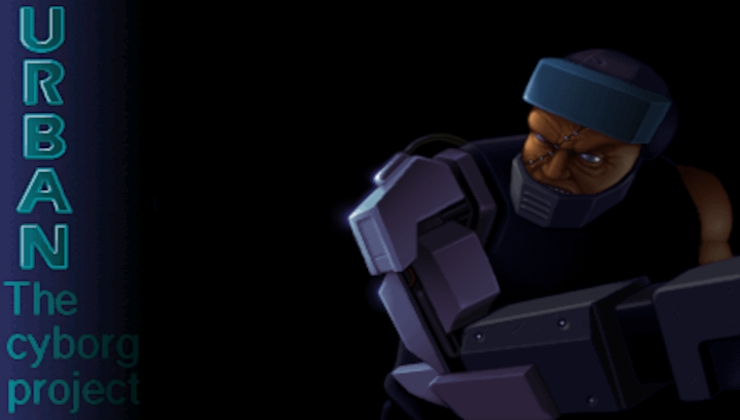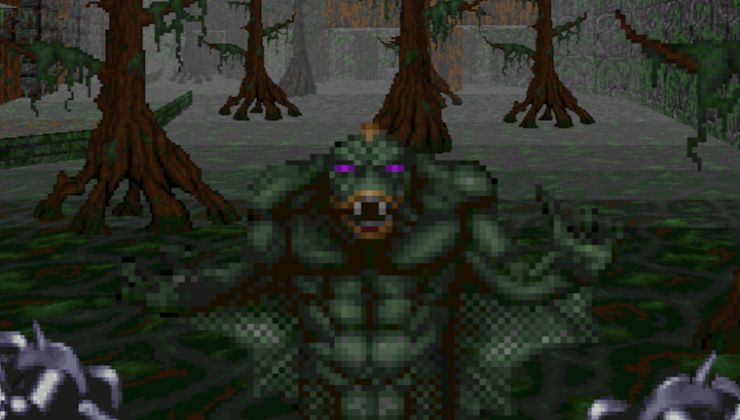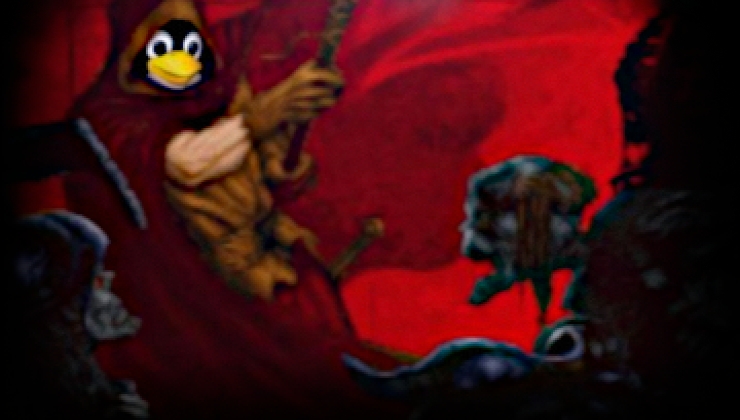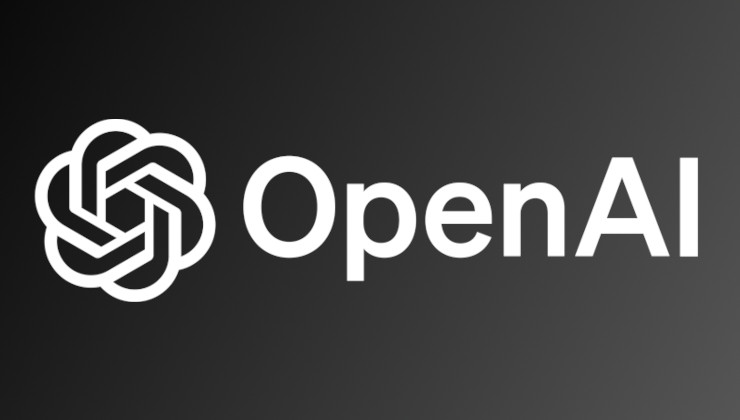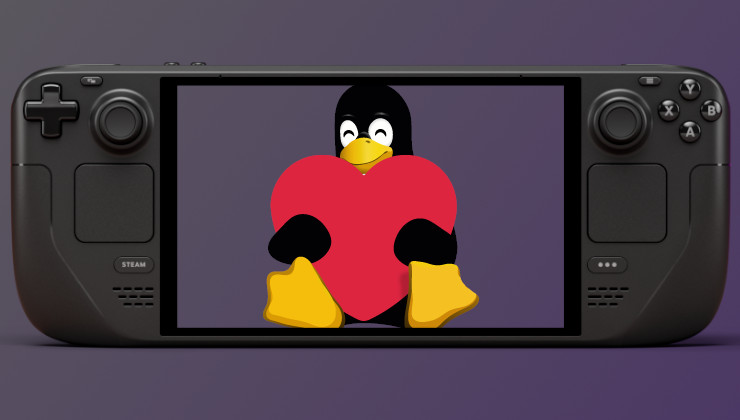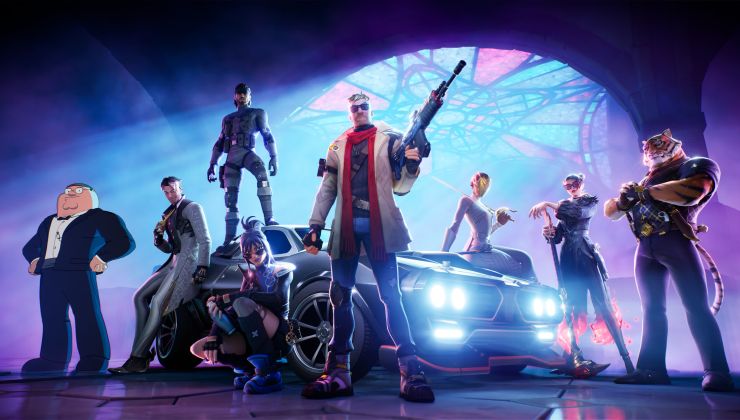In November 2022, we started a side project in my company, a video game called Cuprum 2929. Because I love Linux (being a full user since 2009) and I'm the owner of the company, I made the bold decision to fully develop it on Linux.
While other vendors continually push out new handheld pc models, sticking similar internals into different shell designs and gradually bumping up RAM or the Processor, the Steam Deck just keeps selling like hot tasty cakes.
Doing the rounds right now is a post from Valve's Steam support, when a user asked about what would happen to their Steam account when they died and it's not great news for anyone hoping to pass on your Steam account.
This will be preaching to the choir for some readers, as you didn't exactly need another reason not to use Windows right? Microsoft's new Recall AI will take screenshots of everything you do and that sounds truly terrible.
As if things couldn't get any worse, now EA are looking at ways of putting adverts in video games to squeeze every possible penny from you.
I love my Steam Deck, as any regular reader will know. It's my favourite gaming device but it could always be better right? And with competition hot (hi Nintendo), I hope Valve have more plans.
According to the StatCounter, Linux on the desktop has continued to rise and remains above 4%, with this being the healthiest it's ever looked on the desktop.
The Allegro library is a cross-platform backend for low-level game routines, which for much of its history was very much associated with the MS-DOS freeware scene that was still going strong well into the early 2000s. Seeing this wealth of game content, the Fedora contributor Hans de Goede decided to see if he could port some of these over to Linux.
There really are a lot of games, and with more releasing every year, Steam has gotten rather large as a platform with it now listing over 100,000 games.
While the Steam Deck is now two years old, and has since had the Steam Deck OLED refresh for a few months now, it seems there's just no stopping it.
An action platformer first released in 1999, you play as Urban Gutter, a man taken by an evil scientist to a secret military base and changed into a cyborg against his will. The acronym in the title then is a bit odd, but your one goal is to escape and enact as bloody a revenge on the world as possible. Any hope for true catharsis here often gets lost in frustration however.
I stated before that neither of the contemporary HeXen ports, Linux Hexen and its fork HHexen, supported MIDI music playback through the /dev/sequencer device, but hiding on the venerable SunSITE network I found the only online trace of another early HeXen source port released in December 1999 by Russian programmer Stanislav Nesterov.
When I first got the original Linux port of Doom working it was done to satisfy my curiosity. This being Doom though I soon found myself drawn in, but there were some oddities I encountered. This also made me inclined to try playing all of Heretic and HeXen, a feat I had never managed up to that point. Would I encounter any more issues with these early source ports?
GamesIndustry.biz recently spoke to Ubisoft, and something said during the interview seems to have created some sparks across the industry about game ownership.
I really fear for the internet and what it will become in even just another year, with the rise of AI writing and AI art being used in place of real people. And now OpenAI openly state they need to use copyrighted works for training material.
Ouch. We're only just into week 2 of 2024 and Unity Software are cutting away a huge amount of their staff, as things aren't looking great for the Unity game engine.
Yesterday, January 7th, Steam hit a new all-time record for concurrent users online showing that nothing can stop Valve's growth here thanks to the popularity of video games.
Valve's latest Steam Hardware & Software Survey is out now for December 2023, and it shows that Linux and Steam Deck overall finished 2023 on a very positive note.
A common refrain has always been that if developers would just provide access to their source code, then the Linux community would be happy to step in and do the heavy lifting for them; and when Slingshot Game Technology decided to call our bluff and released Soul Ride under the GNU General Public License in 2003, the Linux community did indeed rise to the challenge.
Hoping at some point to play Fortnite on Linux / Steam Deck without the use of Cloud Gaming services? Well, it's probably quite some time away, if ever.
